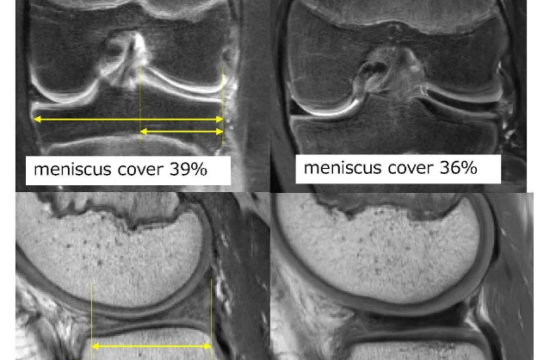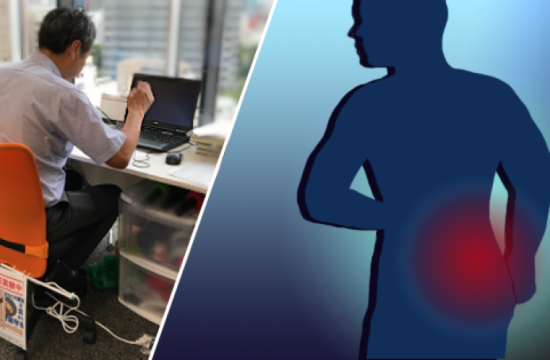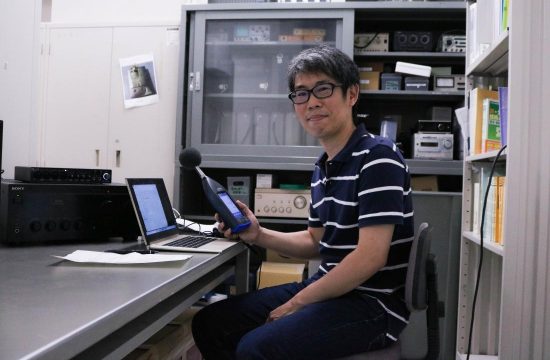 Mental illness – particularly depression – is seen as a major public health problem among Malaysian youth, with the prevalence of psychiatric symptoms in 5-16 year olds rising from 16% in 1996 to 20.3% in 2006. Two recent studies published in the Pertanika Journal of Social Sciences & Humanities shed light on the relationship between poor family dynamics – i.e. destructive interactions among family members – and the development of mental illness.
Mental illness – particularly depression – is seen as a major public health problem among Malaysian youth, with the prevalence of psychiatric symptoms in 5-16 year olds rising from 16% in 1996 to 20.3% in 2006. Two recent studies published in the Pertanika Journal of Social Sciences & Humanities shed light on the relationship between poor family dynamics – i.e. destructive interactions among family members – and the development of mental illness.
In one study, Irene Li Yin Tan and colleagues at the Universiti Putra Malaysia examined how verbal abuse may contribute to “internalizing problems” – including anxiousness, depression and insecurity – among 11-13 year old students. In particular, they focused on whether adolescents with a negative or pessimistic “attributional style” are at greater risk, as a result of verbal abuse. (A person’s attributional style is the way they explain to themselves why they experience a particular life event).
The study found that a pessimistic attributional style partly mediates the relationship between verbal abuse and the development of internalizing problems. The researchers recommend that practitioners treating at-risk youth take into account their attributional style and investigate possible experiences of verbal abuse. “Cognitive therapy that trains one’s cognitive skills, changing one’s pessimism to a more flexible optimism, has always been an effective way of treating internalizing problems,” they note.
Verbal Abuse and Internalizing Problems in Early Adolescence: Negative Attributional Style as Mediator
In a related study, Rozumah Baharudin and colleagues at the Universiti Putra Malaysia examined the relationship between perceived parental warmth, self-esteem and depression among 13-15 year olds. The results showed that parental warmth is indirectly linked to self-esteem and depression: youth who reported a lack of parental warmth tended to have less self-esteem and a higher tendency to experience depression.
Among the implications, the team recommends that practitioners develop a “cognitive reappraisal” program for at-risk youth. Adolescents who feel they lack parental warmth “could be taught to modify their perception from the thought of not being a worthy individual to the thought that lacking parental warmth does not devalue their sense of worth,” the researchers suggest.
Source: researchsea








